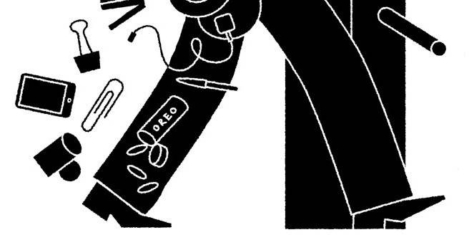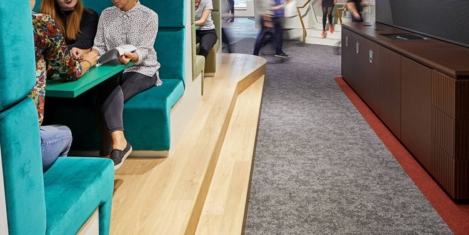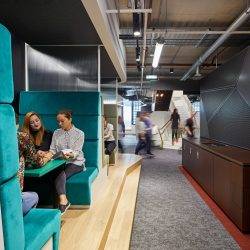April 30, 2019
Best workplaces in London honoured at BCO annual Regional Awards
 Six London businesses celebrated success at the BCO Annual Regional Awards earlier today, with Facebook, 2TVC, Deloitte, Boden, Project North and Fora Borough all recognised as the capital’s best workplaces. The prestigious BCO Awards programme recognises the highest quality developments in the UK and sets the standard for excellence in the regional and national office sector. Today’s ceremony marked the third of the BCO Regional Property Awards dedicated to London, celebrating the best office space in the country. London winners will compete with those from other regions at the BCO National Awards in October this year.
Six London businesses celebrated success at the BCO Annual Regional Awards earlier today, with Facebook, 2TVC, Deloitte, Boden, Project North and Fora Borough all recognised as the capital’s best workplaces. The prestigious BCO Awards programme recognises the highest quality developments in the UK and sets the standard for excellence in the regional and national office sector. Today’s ceremony marked the third of the BCO Regional Property Awards dedicated to London, celebrating the best office space in the country. London winners will compete with those from other regions at the BCO National Awards in October this year.


































April 23, 2019
The flexible solution to workplace loneliness
by Guzman de Yarza Blache • Comment, Flexible working, Wellbeing, Workplace design
(more…)